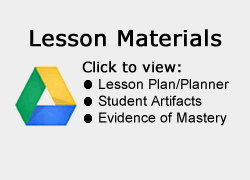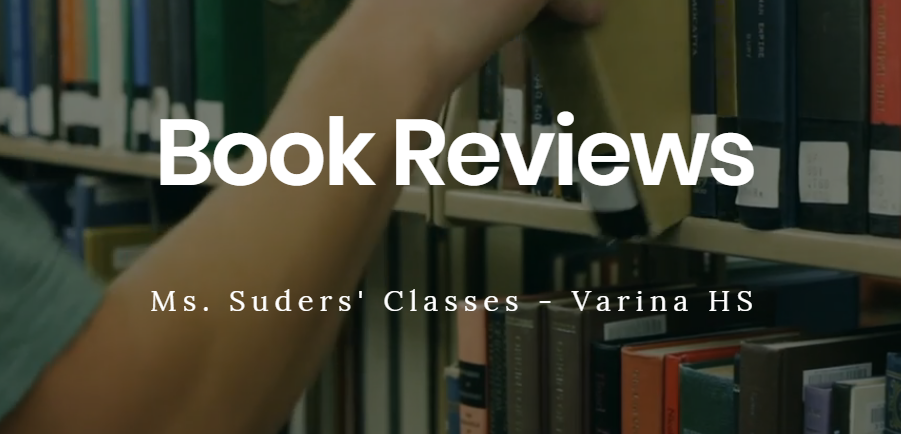This lesson is for : Grade 4,Grade 5,Grade 6,Grade 7,Grade 8,Grade 9,Grade 10:
Summary
It seems as though students do not have a great deal of passion for learning, so in the spirit of ground-breaking companies such as Google and 3M, students were given the task of navigating their own learning by choosing a topic they were passionate about, learning new information, and sharing that learning with others. This experience was adapted from Laura Randazzo’s and Kimberly Tracewski’s 20 Time lessons posted on Teachers Pay Teachers.
TIPC Ratings
Research & Information Fluency
Rating: Ideal – Explanation: This lesson fits into the ideal category because students designed their own learning, the tasks were research-rich and authentic. Not only did students acquire and synthesize new information, many found new ways to present that information by creating blogs.
Communication & Collaboration
Rating: Approaching – Explanation: This lessons fits into the approaching category because while students did communicate their learning with others via blogs and videos; however, they worked on individual projects, so student collaboration was minimal once students pitched their ideas to the Guppy Panels.
Critical Thinking & Problem Solving
Rating: Ideal – Explanation: This component was the inspiration of using 20 Time in my advanced classes. Last year, I received feedback from a high-school teacher who expressed a concern: students did not know how to answer a question or solve a problem when the teacher didn’t outline each step of the process. I intentionally posed this broad task of learning something new and sharing that learning with others, so students would have the experience in a safe environment before heading to high school.
Creativity & Innovation
Rating: Ideal – Explanation: Creativity and innovation were only limited by the students’ willingness to think outside the box. Any school-appropriate topic was acceptable. Guppy Panel teachers and administrators made suggestions to students to enhance their ideas in order to avoid regurgitating information that was already available.




